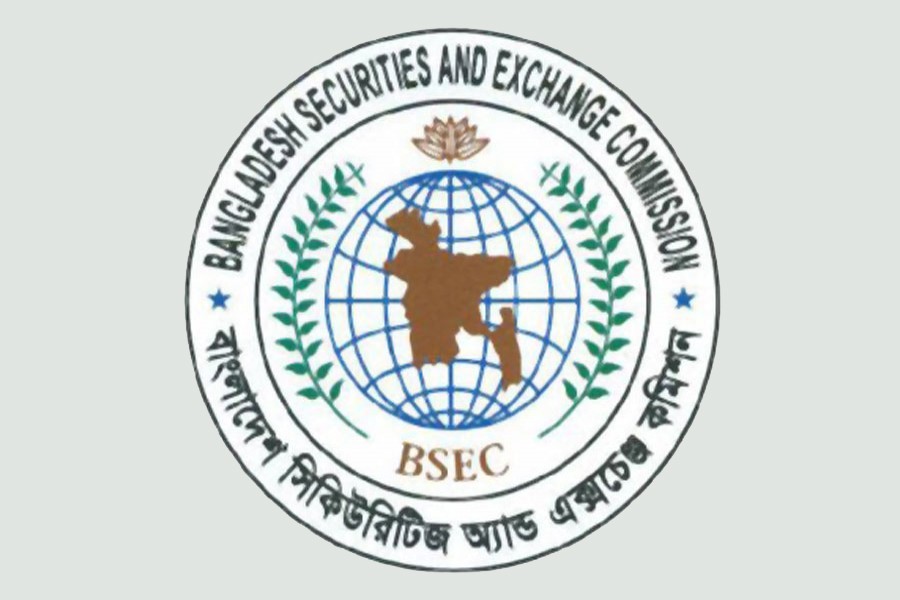The securities regulator has revised the public issue rules by incorporating some provisions, including a three-year lock-in period for all the shareholders mentioned in the IPO (initial public offering) prospectus of a company.
The Bangladesh Securities and Exchange Commission (BSEC) has formulated the draft amendment to the public issue rules as part of its reform initiatives for primary and secondary markets.
"Before formulating the draft amendment to the public issue rules, we discussed the matter with different stakeholders at a meeting on April 29," said Mohammad Saifur Rahman, BSEC executive director.
He said the commission took some decisions regarding incorporating new provisions in the public issue rules at a meeting on Wednesday (May 29).
"The amendment will be finalised after taking public opinions," he added.
As per the BSEC decision, a three-year lock-in period will be imposed on the shares of a company, held by all the shareholders mentioned in its IPO prospectus.
The lock-in period will be counted from the date of the company's debut trading instead of publication of its draft prospectus.
The names of sponsors, directors and holders of placement shares along with the number of their shares are mentioned in the IPO prospectus.
As per the existing rules, a three-year lock-in period is imposed on the holdings by sponsors, directors and individuals having more than 10 per cent shares of a company. Besides, a one-year lock-in period is imposed on placement shares. s
Meanwhile, according to another revised provision, a non-listed company will not be allowed to float IPO without utilising the previous funds raised through private placements.
A listed company will not be allowed to go for public issues, such as - rights offers and RPO (repeat public offering), without completing utilisation of the previous funds raised through public issues, including IPO.
The securities regulator has also imposed the condition of making minimum amount of investment by eligible investors (EIs) in the secondary market to avail the IPO quota.
The amount of minimum investment will be mentioned in the consent letter for every public issue.
Under the fixed price method, the minimum IPO size will be Tk 500 million or 10 per cent of the paid-up capital, whichever is higher.
The IPO quota for EIs will be reduced to 30 per cent from the existing 40 per cent under the fixed price method. The IPO quota for general investors, other than non-resident Bangladeshis (NRBs), will be raised to 50 per cent.
Besides, under the book building method, the minimum IPO size will be Tk 1.0 billion or 10 per cent of the paid-up capital, whichever is higher.
In this process, the IPO quota for EIs will be reduced to 50 per cent from the existing 60 per cent, whereas the quota for general investors will be raised to 40 per cent from the existing 30 per cent.
An IPO proposal, approved under the book building method, will be cancelled, if the quota of EIs is not fulfilled through bidding.
The names of bidders and their prices quoted for shares cannot be displayed. The bidders will have to purchase the same amount of shares, for which they bid, at the price quoted in the IPO bidding.
The securities regulator has also waived the non-listed companies from taking regulatory consent to raise capital through equity shares.
In this regard, the BSEC will issue a notification soon, cancelling the previous orders and notifications.


